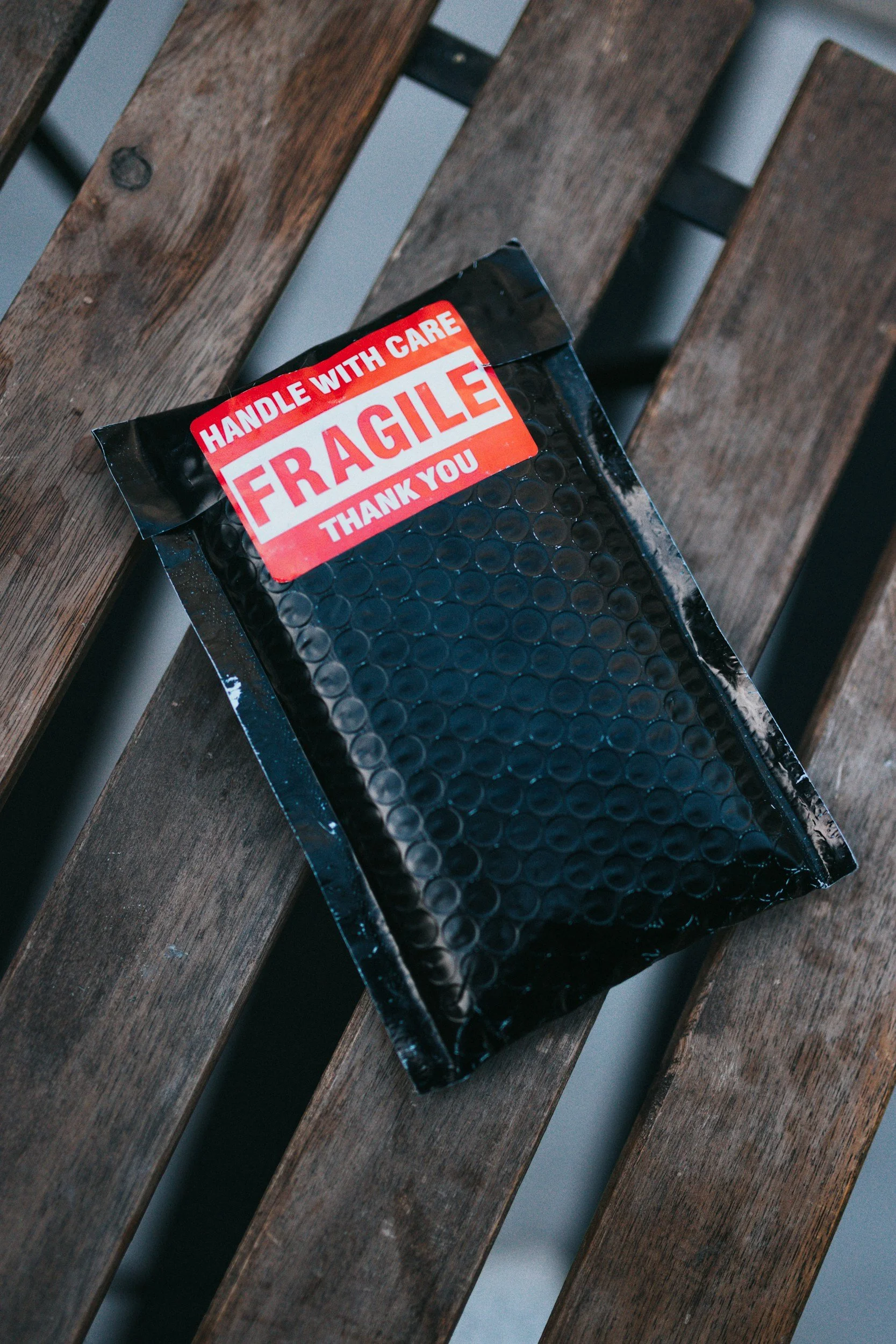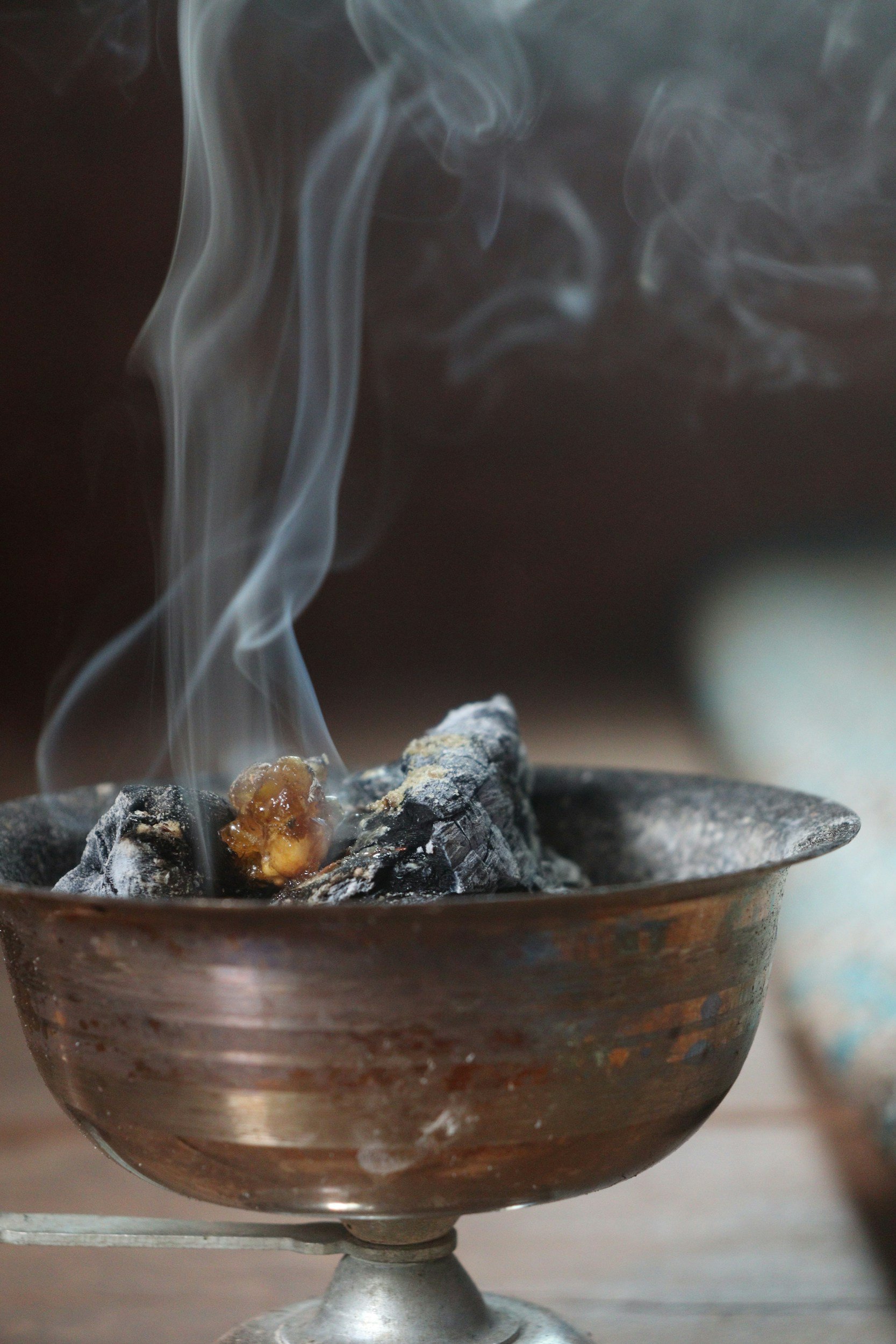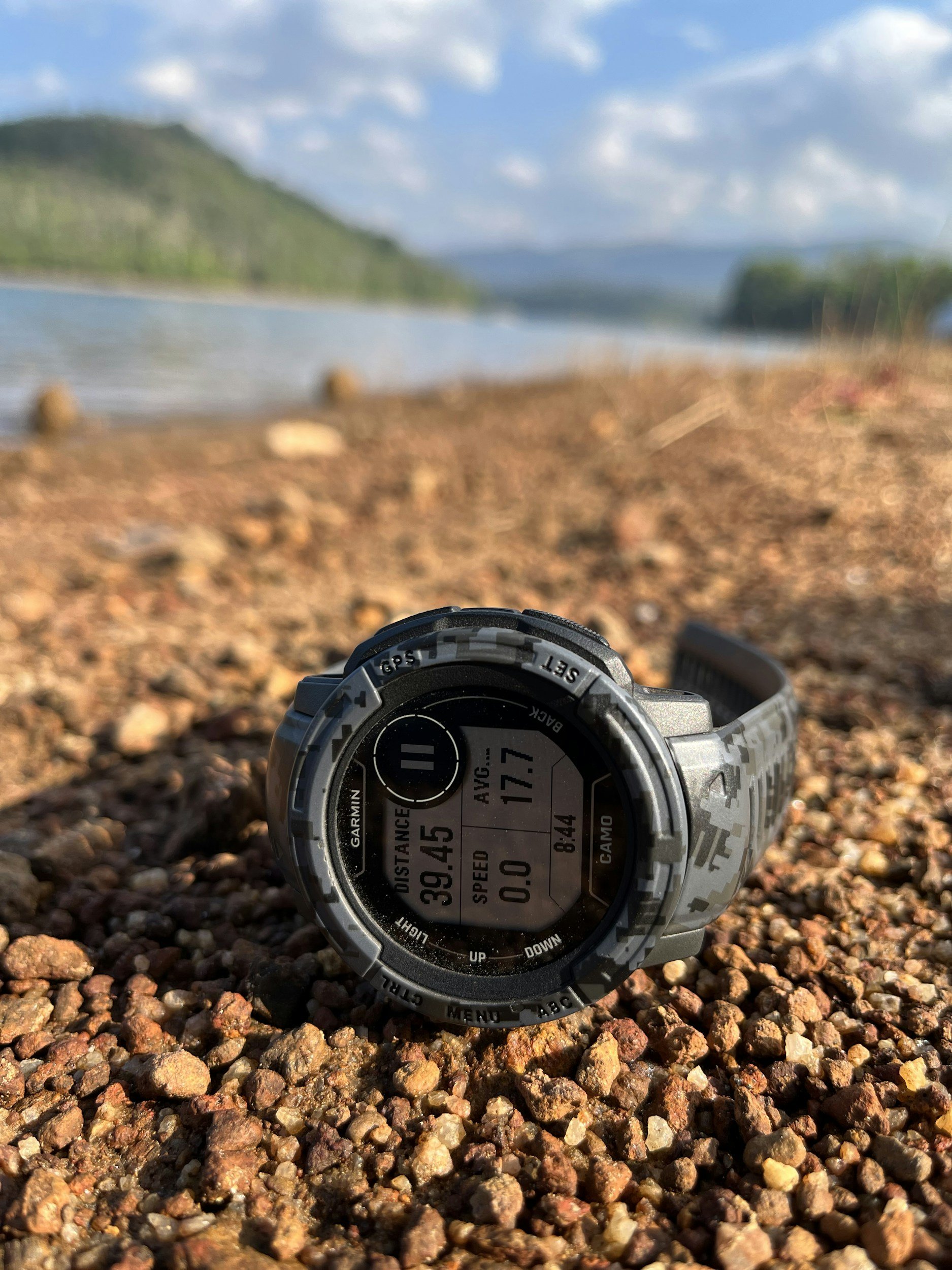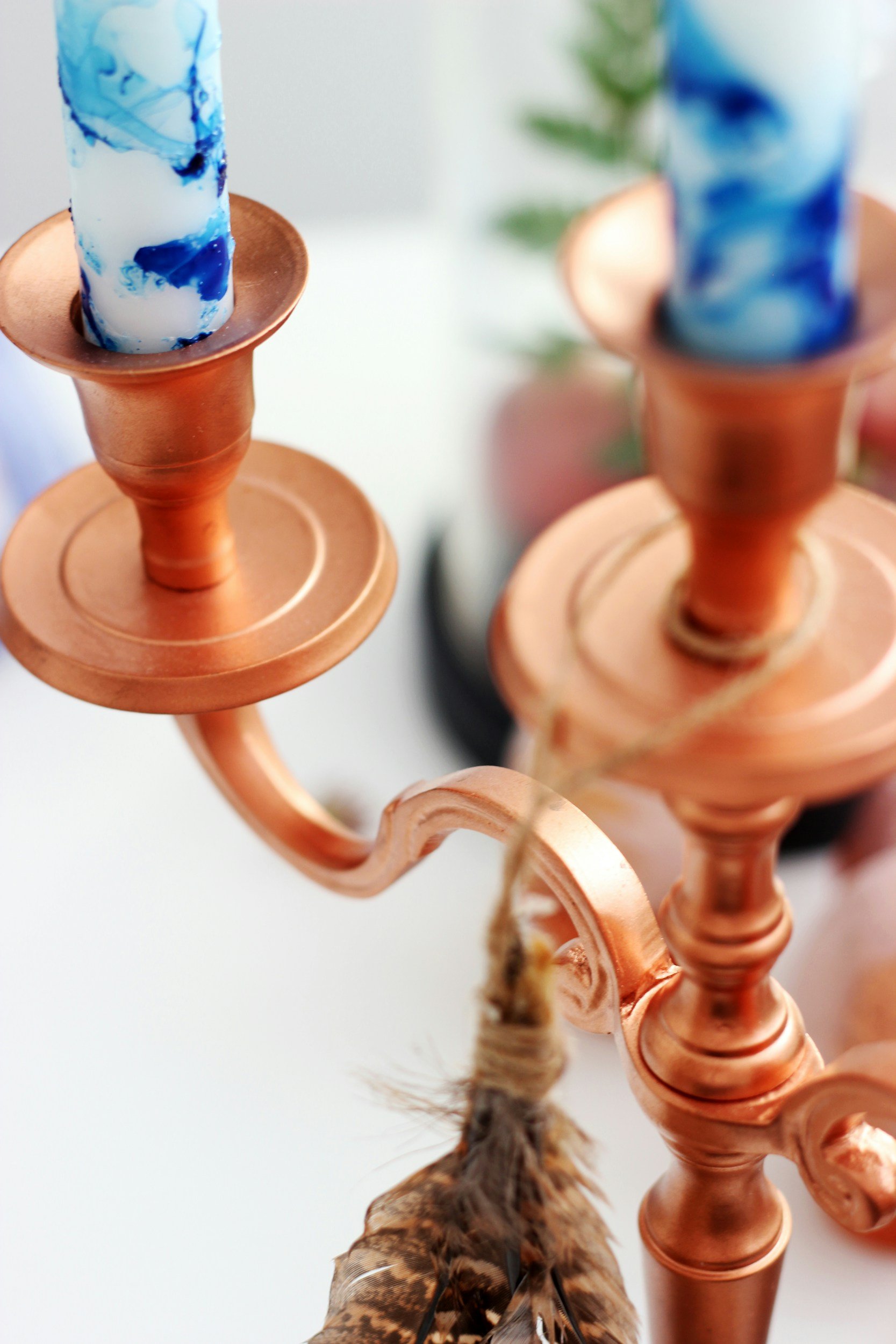How Often Should You Clean Your Altar?
If you’re new to Odinani and wondering how to set up an altar, we recommend reading our post on that topic. But if you already have an altar and are wondering how frequently it should be cleaned, the answer depends largely on how often you use it and for what purposes.
How Often Do You Use Your Altar?
Your cleaning schedule should match the level of activity at your sacred space. Here are two common approaches:
Daily or Frequent Use: If you light candles, burn incense, or place offerings regularly—perhaps every week or even daily—it’s best to clean your altar every Igbo week—four days. This keeps your space energetically fresh and physically tidy.
Occasional or Symbolic Use: If your altar mainly holds sacred items and isn’t used for daily rituals, you may not need to clean it as frequently. In this case, you can set a schedule that works for you—weekly, bi-weekly, or monthly—based on how much dust or clutter builds up.
The Key Rule: Keep It Clean and Intentional
Regardless of how often you use your altar, the most important thing is not to let excessive dirt, dust, or decayed offerings accumulate—unless it serves a purpose in your spiritual work. Neglecting your altar space can reflect stagnation in your spiritual practice.
Your altar is a physical representation and extension of your spiritual energy. If you think of it as an extension of yourself, how would that change the way you care for it? Would you let dust and clutter pile up on a sacred part of yourself?
Concluding Thoughts
There is no single right answer to how frequently you should clean your altar, but developing a system—probably weekly, bi-weekly, or monthly—will help keep your space sacred, intentional, and energetically aligned. Treat it with the same care you would give to a cherished personal space, and it will serve as a powerful reflection of your spiritual journey. Yagazie!

Recommended Resources:
How to set up a simple altar and what to do after set up | Nwanyị Amaechi Okunano (YouTube)
The Role of Ancestor Altars in Maintaining Family Legacy | Dibia Nwangwu Uchendu (Blog)
The Need Of Altar For Spiritual Connectivity | Dibia Nwangwu Uchendu (Blog)
Join Odinani Mystery School for access to Exclusive in-depth teachings on ancient Igbo wisdom and mystical sciences!
Sloane Angelou is a multifaceted Igbo strategist, storyteller, and writer with a deep passion for exploring the nuances of human existence through the lens of human experiences.




























